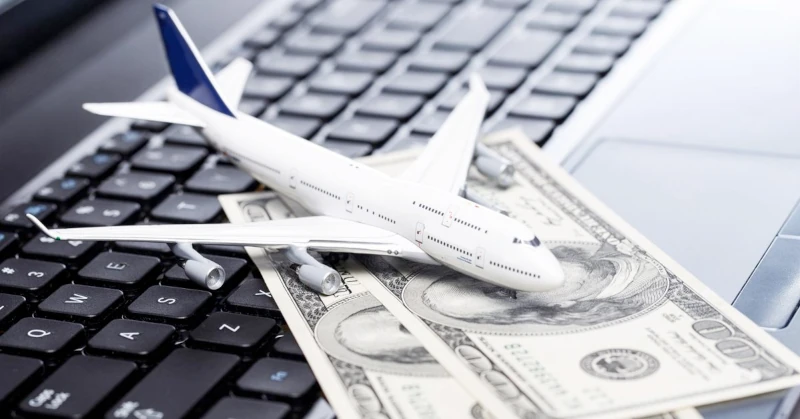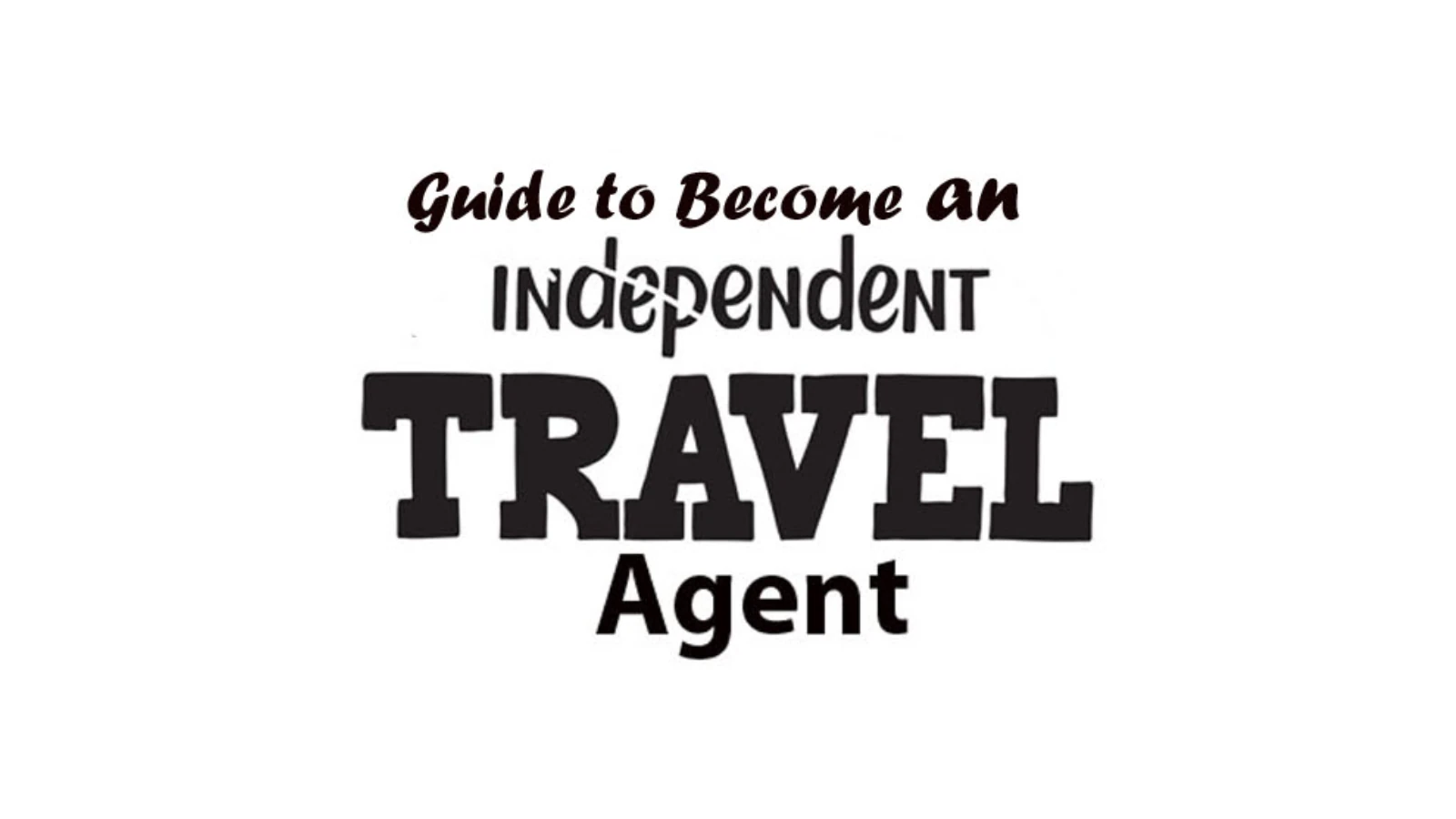- Home
- TRAVEL TIPS
- What is Commercial Traveling? Explore Its Meaning and Benefits
What is Commercial Traveling? Explore Its Meaning and Benefits
DigitalrezaidTRAVEL TIPS, Activities, Planning5 months ago788 Views

A career in commercial traveling offers a unique lifestyle: constantly rotating through new cities, engaging in exciting business deals, and driving sales growth on the move.
Unlike casual business travel, traveling sales representatives make long-term, frequent trips to promote products, engage clients, and close deals.
These professionals don’t just sell — they help expand markets, build relationships, and power revenue through face-to-face interaction.
What is Commercial Traveling?
Definition and Meaning
Commercial traveling is the act of traveling for business purposes, primarily by sales professionals who promote and sell products or services across different regions.
These individuals — often called commercial travelers — work in industries like pharmaceuticals, technology, FMCG, and more.
Business Travel vs. Commercial Travel
Aspect | Business Travel | Commercial Travel |
Purpose | Attend meetings, conferences | Selling products and services |
Frequency | Occasional | Regular & on-going |
Interaction type | Internal company discussions | Direct Client Engagement |
Travel type | Short-term, planned trips | Long-term, frequent travels |
While business travelers focus on internal goals, commercial travel centers on field sales, client demos, and customer acquisition.
History and Evolution of Commercial Travelling
Commercial traveling as a practice existed centuries ago when early merchants conducted business by moving across many continents. One of the initial significant trade routes named Silk Road, enabled traveling merchants to unite markets between Asia and Europe.
Modern Developments
- Industrial Revolution: Expanded demand for goods led to the expansion of sales teams.
- 20th Century: The growth of automobiles and air travel made commercial traveling more systematic.
- Digital Age: Technology now allows for remote sales, but face-to-face interactions remain necessary.
Virtual communication development has not replaced in-person sales as businesses continue to use this approach as their primary selling method globally.
Who Are Commercial Travelers?
Commercial travelers are professionals who promote and sell products by traveling between cities or regions.
Industrial professionals known as commercial travelers spend their time on the road to bring together clients for business interactions and demonstrate products as they finalize business agreements. The professionals work across multiple industries, which include:
- Pharmaceutical: The pharmaceutical field requires sales representatives to connect with hospital staff as well as clinic teams to present new medical drugs.
- Automotive Industry: Salespeople in the automotive sector negotiate business contracts with automotive dealerships across the nation.
- Technology: The representatives show both software and hardware systems to potential clients.
- FMCG (Fast-Moving Consumer Goods): Sales executives of FMCG (Fast-Moving Consumer Goods) purchase products in bulk from retailers through their visits.
Key Responsibilities
- Professional sales personnel exhibit products to their clients during product demonstrations.
- Negotiating contracts and closing sales.
- Participation in trade shows, together with industry events, makes up their responsibilities.
- The company needs to gather market information to discover emerging business opportunities.
- Maintaining customer relationships through regular follow-ups.
Benefits of Commercial Travelling
The practice of commercial traveling delivers multiple benefits that help both professional workers and corporate organizations.
For Businesses
- The business achieves wider market penetration in addition to growing its customer demographic.
- In-person meetings help businesses to develop stronger bonds with their clients.
- Direct engagement creates a positive effect that builds up a brand reputation.
For Commercial Travelers
- Opportunities for career growth and higher commissions.
- Exposure to diverse markets and cultures.
- Development of strong negotiation and communication skills.
Commercial travelers often get the chance to visit exciting destinations. If you’re looking for ideas, explore where to travel in the USA in April for inspiration during your downtime.
Case Study: The deployment of commercial travelers by a UK-based software company resulted in a 40% improvement in client retention for their customer relationships.
Challenges of Commercial Travelling
Although commercial traveling provides advantages, it presents several obstacles to navigate.
1. Travel Fatigue
- Extended periods of driving can cause the driver to become fatigued.
- Changes in time zones repeatedly disturb the natural sleep rhythm of the human body.
2. Work-Life Balance
- Separation from family during consecutive long periods may become highly stressful.
- When work schedules are inconsistent, people find it harder to accomplish their duties.
3. Managing Expenses
- High travel costs impact profitability.
- Tracking expenses remains essential since financial efficiency depends on it.
How to Overcome These Challenges:
- Your organization should use travel management software to monitor expenses.
- Rest days should follow each lengthy journey.
- Drivers should prioritize their health throughout travel time.

Essential Skills for a Successful Commercial Traveler
Commercial traveling success requires professionals to possess four specific abilities:
- Strong Communication: A successful commercial traveler should demonstrate solid persuasion and negotiation abilities together with strong communication skills.
- Time Management: Efficient scheduling of meetings along with travel activities represents an essential aspect of Time Management.
- Adaptability: Commercial travelers must adapt to various client characteristics and commercial environments.
- Product KnowledgeThe professional must understand all features and advantages of the products their organization sells through its commercial traveling operations.
How to Become a Commercial Traveler
Education & Training
- A bachelor’s degree in communications or business marketing represents the ideal qualification, yet it remains optional.
- Adding value to the company comes through both sales training programs and certification programs.
Career Pathway
- Entry-Level Sales Role → Gain experience in sales.
- Sales Representative → Start traveling for client meetings.
- Senior Sales Executive → Manage key accounts and large territories.
- Sales Director → Oversee commercial travel strategies.
Alternatively, you can consider a travel-focused career path such as learning how to become an independent travel agent for free in the UK.
Best Practices for Efficient Commercial Travelling
To maximize efficiency while traveling, consider the following tips:
✅ Plan Ahead: Schedule meetings strategically to minimize travel time.
✅ Use Technology: Leverage CRM software to manage client data.
✅ Pack Smart: Keep essentials like business cards, travel adapters, and a professional wardrobe.
✅ Stay Healthy: Exercise and eat balanced meals while on the road.
Aligning your business travel with seasonal hotspots can make trips more enjoyable—check out the best places to travel in the USA in March for planning around client visits.
Impression of Technology on Commercial Travelling
The introduction of technology has led to substantial changes in commercial traveling systems.
- CRM Software – Helps track customer interactions.
- Virtual Meetings – Reduces the need for frequent travel.
- Mobile Sales Apps – Provides access to real-time data and sales presentations.
Future Trends in Commercial Travelling
With changing business dynamics, the future of commercial traveling is evolving:
- Sustainability Initiatives: Companies are focusing on eco-friendly travel.
- AI-Powered Sales Tools: Automating sales processes for efficiency.
- Hybrid Sales Models: Combining in-person meetings with virtual interactions.
Experts predict that by 2030, 70% of sales interactions will be a blend of digital and face-to-face meetings.
Frequently Asked Questions
What is meant by Commercial Traveling?
Sales representatives who travel between various locations to market their products and services for business expansion constitute commercial travelers.
What does Commercial Tourism mean?
Business travel functions as commercial tourism because its main purpose is to generate economic value through corporate gatherings and exhibitions as well as industrial networking events.
Conclusion
The competitive advantage of businesses depends significantly on commercial traveling for sales and marketing purposes. The path to commercial traveling success requires proper strategies and technological enhancements that create exciting work opportunities. Aspiring commercial travelers need to build their communication abilities, time management skills, and adaptability to achieve sustained success.
Embarking on a commercial traveling career path requires your immediate readiness. Are you considering a career in commercial traveling? Let us know your thoughts or ask questions in the comments below!



















